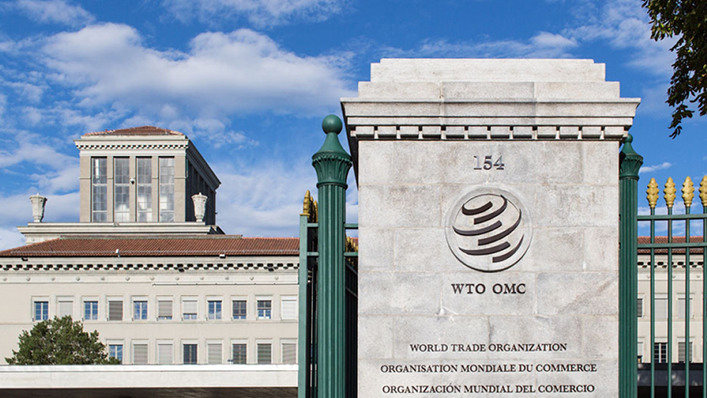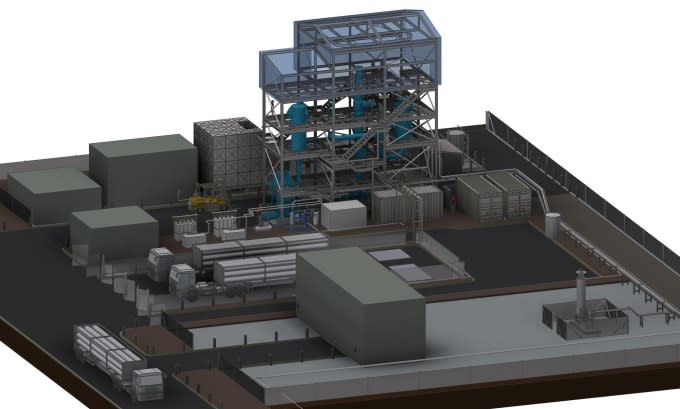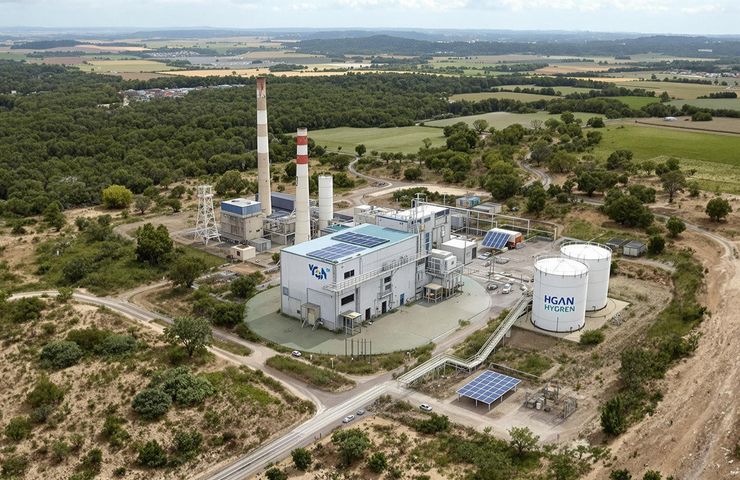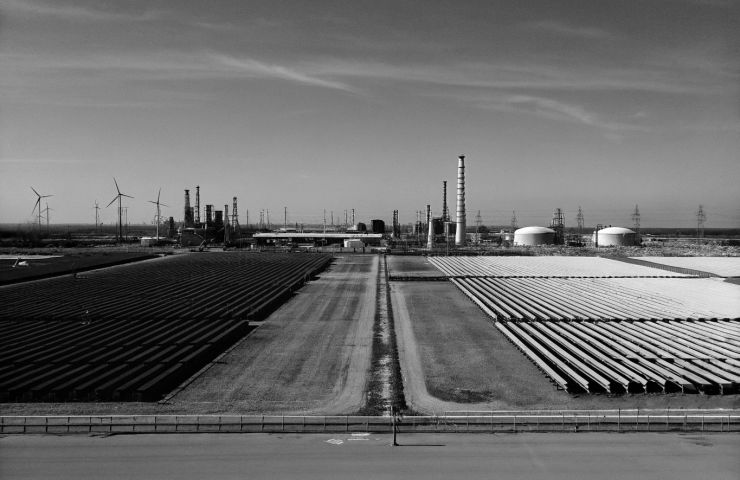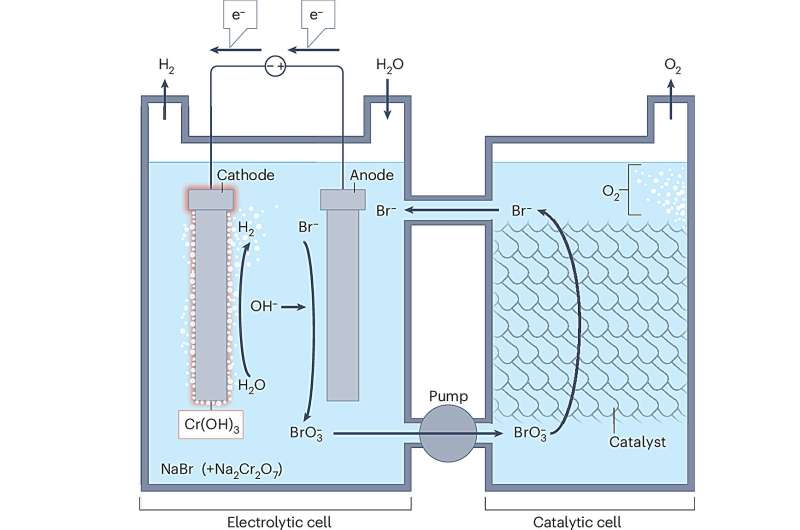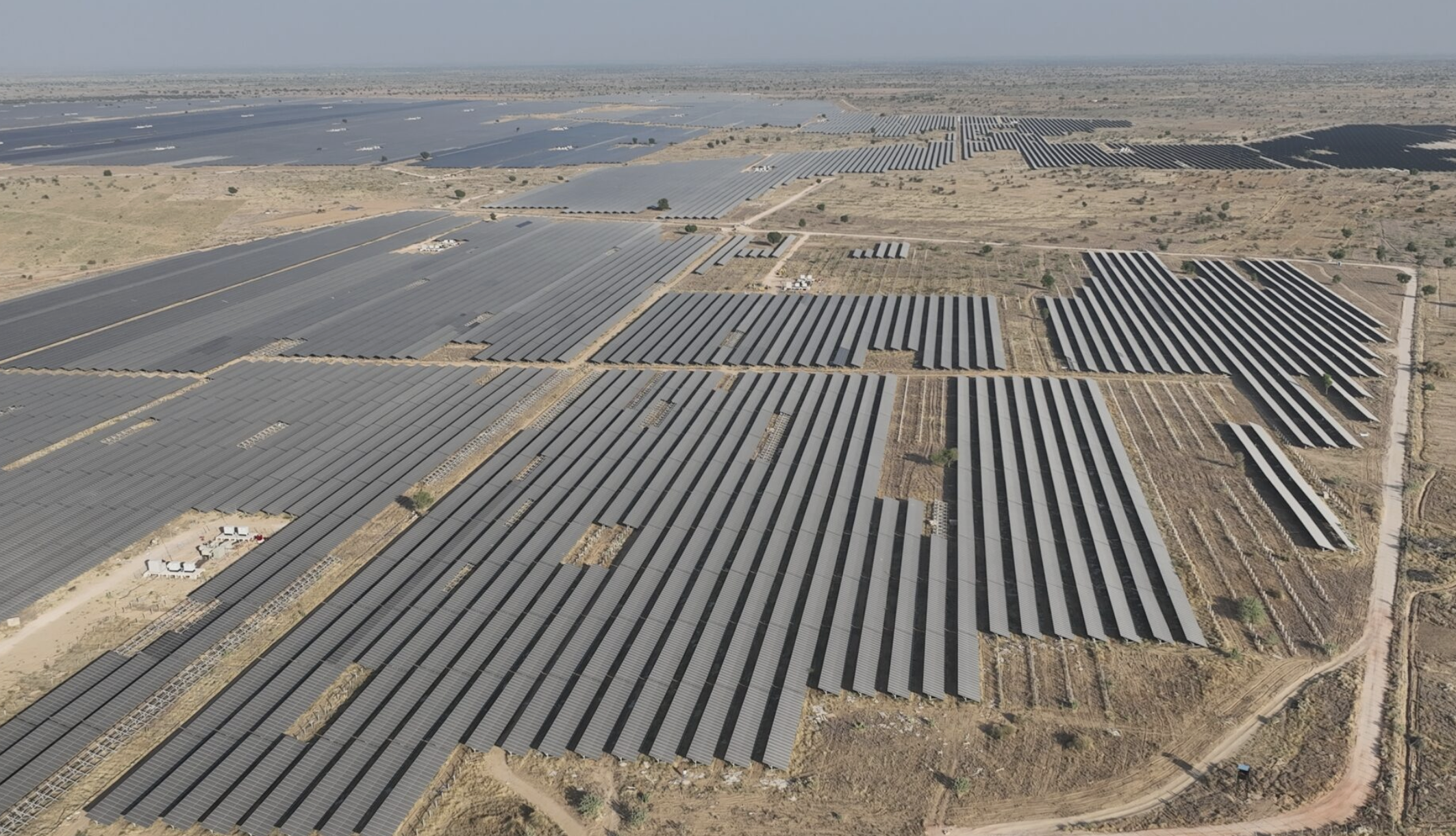Biochar field study reveals significant crop yield improvements in Bolivia
In Bolivia, Exomad Green’s latest biochar field study reveals the transformative impact of biochar on soil health and agricultural productivity. The field study shows the promising role of biochar as a modern regenerative agriculture solution and demonstrates how, when used effectively, biochar can significantly improve soil structure, enhance nutrient efficiency, and stimulate microbial activity.

Effective regenerative agriculture solutions are more needed than ever, with unsustainable farming and land management practices causing reduced soil fertility, water retention, and nutrient availability.
This poses a severe threat to agricultural productivity. Exomad Green’s industrial-scale production of biochar is proving an effective solution to tackle this ongoing soil degradation.
The company’s latest biochar field study was conducted across three different regions in Santa Cruz, Bolivia. Despite a severe drought, crops treated with biochar demonstrated a noticeably strong performance, particularly in grain fill and overall yield.
The results indicate how biochar can positively impact soil health and improve agricultural output.
Bean- and corn crops
The biochar field study conducted four trials across bean and corn plants, with varying levels of biochar applied to different crops.
At the start of the planting cycle, biochar was applied once. Beans were planted first, followed by corn after harvest, with no further biochar added.
Key findings of the study include:
- 15 percent yield increase in corn crops, and up to 32 percent when combined with fertilizer and microorganisms
- 13 percent yield increase in bean plants, and up to 25 percent when combined with fertilizer and microorganisms
The study demonstrated how biochar has significantly impacted soil health, and its application enhanced nutrient availability, improved soil porosity, and optimised moisture retention, leading to enhanced crop development.
This latest study by our team clearly demonstrates the benefits that biochar can deliver in terms of crop development. Its application enhanced nutrient availability, improved soil porosity, and optimized moisture retention, while also leading to a more efficient use of fertilizers. This, coupled with biochar’s carbon dioxide removal capabilities, makes it a hugely important tool to tackle the climate crisis on several fronts. This technology represents a significant advancement in making regenerative agriculture both accessible and profitable for farmers, commented Diego Justiniano, CEO at Exomad Green.
What's Your Reaction?










